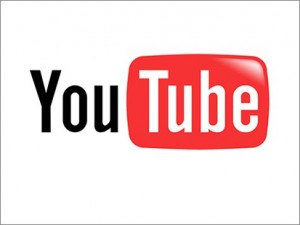
YouTube, which Internet giant Google acquired in 2006, officially unveiled on Thursday its first localized site in Southeast Asia, YouTube Philippines.
Google executives said the site would create a new online space for the Filipino community. They added that YouTube Philippines also give local creators and brands the opportunity to increase exposure not only nationwide but globally as well.
Joanna Catalano, head of Media Solutions & YouTube, Google Southeast Asia, said at the launch that new advertising formats, such as skippable ads, were being developed by the video-sharing site to expand the choices of users.
Monetizing videos
The new format also gives content providers more ways to reach millions and millions of audiences worldwide, according to her.
Monetizing Videos Revenue is generated when advertisements are displayed against YouTube partner’s videos.
In the past, Philippines-based creators could enjoy millions of views worldwide and yet could not earn from possible advertising placements, even if they wanted to.
With YouTube Philippines, original content creators in the Philippines can sing all the way to the bank.
Google established a sales team for the Philippine market to mark the launch of the localized site, executives said.
This team will deal with content creators through the YouTube Partner Program (www.youtube.com/
creators/partner.html).
The program web site encourages potential content partners to reach billions of viewers around the world, “make a living on YouTube through our numerous targeted advertising revenue solutions,” use YouTube’s analytical tools and funding opportunities to produce even better content, and get creative control by securely managing copyrighted content.
What’s the catch? Potential YouTube partners must create original videos suitable for online streaming, regularly upload content, and give express permission to use and monetize all audio and video content uploaded with “no exceptions.” Content providers may also publish popular or commercially successful videos in other ways such as through DVDs and other products sold online.
Filipino musicians and composers represented by the collecting society Filipino Society of Composers, Authors, and Publishers (Filscap) are already partners of YouTube. Filscap general manager Debbie Gaite announced on Thursday that it had forged a licensing agreement that would allow Filscap members to be paid when their music was accessed on YouTube.